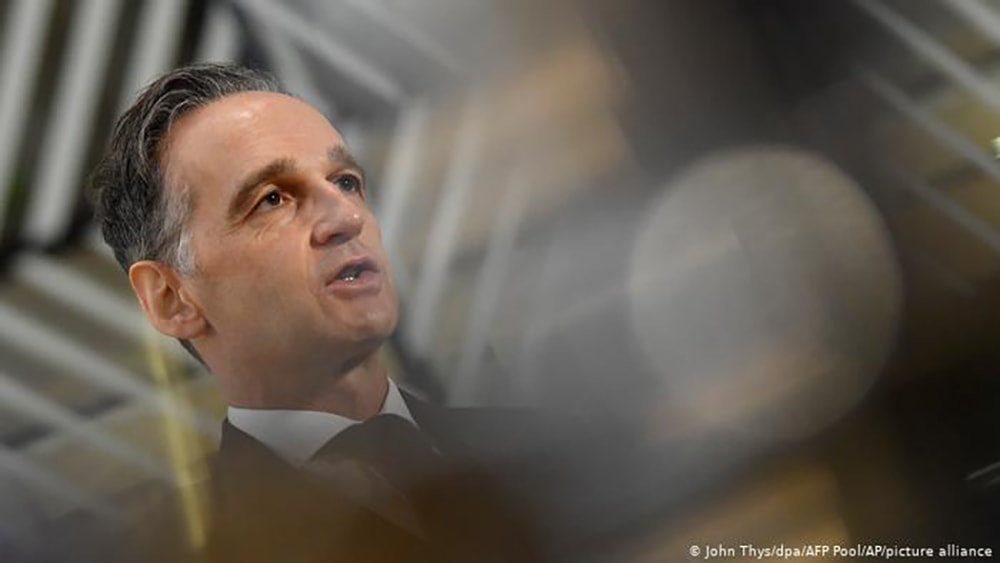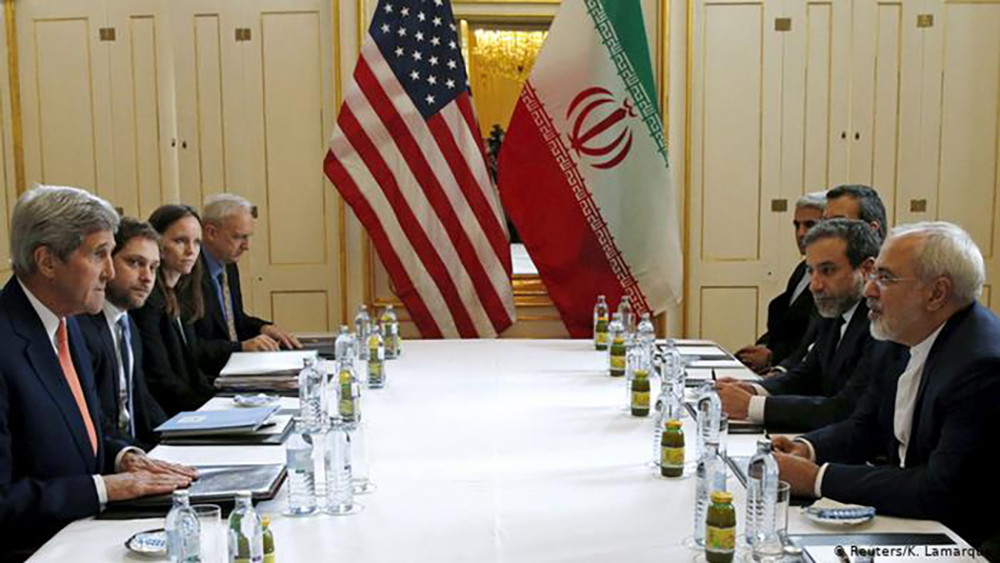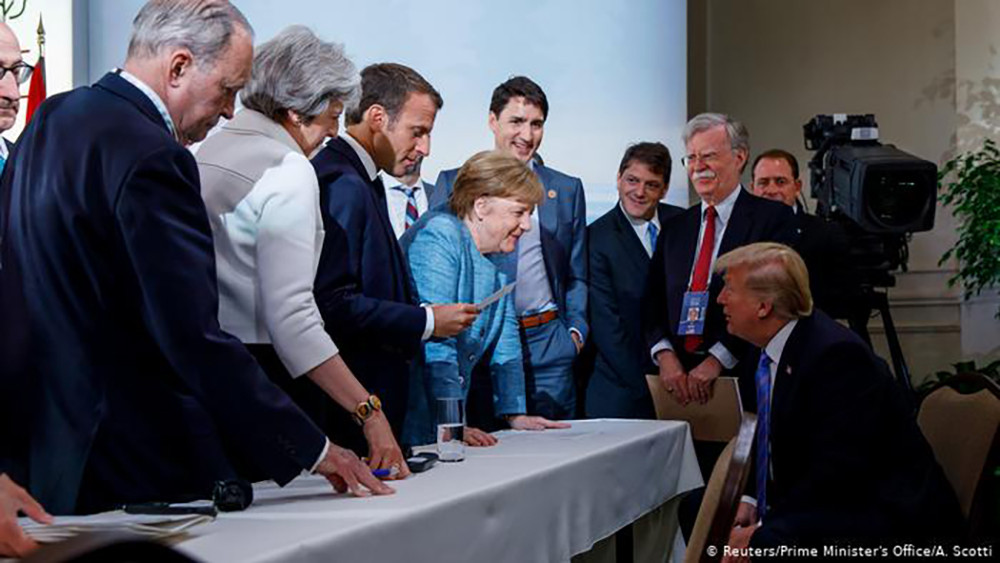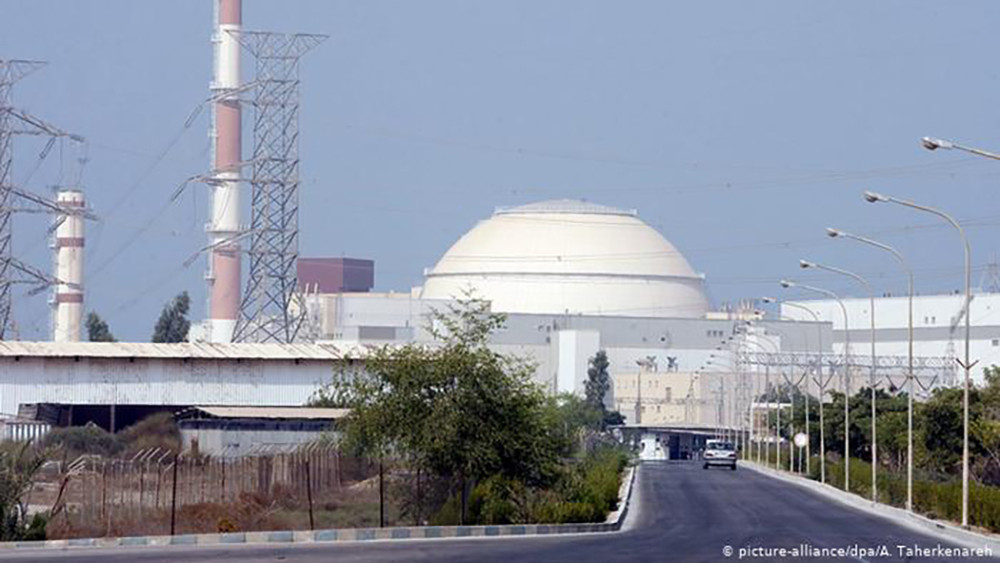Joint Comprehensive Plan of Action: The Last Chance for the Iran Nuclear Deal
(Baonghean.vn) - This week, foreign ministers of the countries that signed the 2015 Iran nuclear deal held an online meeting to discuss the future of the Joint Comprehensive Plan of Action (JCPOA). Besides saying that Iran is facing its last chance and should not waste it, the group also expressed hope that the US, under the leadership of a new leadership, will return to the agreement that Mr. Trump withdrew from and outline a positive direction for this hot issue.
Actions speak louder than words.
After more than a year of interruption, it was not until December 21 that senior representatives of the signatories of the Joint Comprehensive Plan of Action (JCPOA), commonly known as the Iran nuclear deal, met again. Due to the Covid-19 pandemic, the first meeting in so long was held via video conference, but the long distance did not reduce the heat of the topic discussed.
Speaking to the press after the conference, German Foreign Minister Heiko Maas said that the Iran nuclear deal is currently at a crossroads, and the next few weeks or months will determine the fate of this document.
 |
| German Foreign Minister Heiko Maas speaks about the Iran nuclear deal from Berlin. Photo: AP |
Looking back, despite countless difficulties, the nuclear agreement was signed by the relevant parties in 2015, but with just one sentence from US President Donald Trump, the United States unilaterally withdrew from the agreement, which they considered "the worst in history" in 2018. Since then, the US has implemented“maximum pressure campaign”” towards Iran. And in response, an uncompromising Tehran has also contributed to pushing bilateral and multilateral negotiations into a “downward spiral,” as described by Germany’s number one diplomat Maas.
Now, two years on, Washington is about to see a new leadership team led by former Vice President Joe Biden take over the country. In that context, Maas and the foreign ministers of Iran, China, Russia and the UK issued a joint statement, confirming their desire to see the treaty preserved, and welcoming the “positive prospect” of the US returning to the contents of the agreement under the “new” leader.President-elect Joe Biden.
As for Iran, speaking for the voices involved, the German foreign minister warned: “The opportunity that is being offered now – the last window of opportunity – must not be squandered.” The diplomat sent a clear message: “For relations to warm up under Biden, it is absolutely necessary that there be no more tactical moves of the kind we have seen so much of recently – they would do nothing but undermine the agreement. We Europeans also emphasize the fact that more than a mere recognition of the terms will be needed.”
 |
| The Iran nuclear deal was signed in 2015. Illustration photo: Reuters |
Echoing his German counterpart, British Foreign Secretary Dominic Raab also spoke out, declaring: “I have made it very clear that Iran must not take the recently announced steps to expand its nuclear program. Doing so would undermine the opportunities for progress that we hope to see in 2021.” Not only that, the resonant voices of the parties in the joint statement continued to affirm that “full and effective implementation of the JCPOA by all parties remains essential.”
New deal, old deal or nothing?
After being placed under US sanctions, the Islamic Republic of Iran has recently taken steps that, according to Western public opinion, go against the terms of the agreement signed five years ago, which was used to restrainprogrammeIran nuclearand in exchange for financial comforts.
Although Iran has been allowing inspectors from the International Atomic Energy Agency (IAEA) to monitor its nuclear facilities and has fulfilled several other obligations, the country has in fact exceeded the uranium enrichment limit set by the deal.
 |
| Under President Trump, the US has made many unilateral moves, including withdrawing from the JCPOA. Photo: Reuters |
The JCPOA limits uranium enrichment because it can be used to build nuclear warheads. But last month, hard-line Iranian politicians approved a provision allocating more funds for uranium enrichment, in a reversal of their original commitment. They also agreed to restrict IAEA inspectors’ access to their nuclear facilities.
More recently, in early December, Germany, France and the UK - also known as the E3 group, also had to express their concern about Iran's plan to install modern centrifuges at the uranium enrichment plant in Natanz, declaring that these plans go against the JCPOA signed between Iran and world powers.
Many opinions say that,nuclear dealThe Trump administration has not only turned its back on Iran, but also increased sanctions against Iran and imposed secondary sanctions on anyone doing business with Iran after Washington withdrew from the deal.
 |
| An Iranian nuclear power plant. Photo: dpa |
Now, as Trump's term is coming to an end, there is still a glimmer of hope that the deal will be given new life when the new leader Biden - who was Vice President of the United States when the deal with Iran was signed - meets with Iranian President Hassan Rouhani, a figure considered by the West as a pragmatist.
The bigger question will be whether Biden will agree to return to the old deal as Iran wants, or push for a new, broader deal that addresses other aspects such as Iran’s human rights record and its activities in the Middle East. The answer will be revealed in the coming months, or even weeks, because after all, the nuclear issue has never been less hot on the international agenda.
